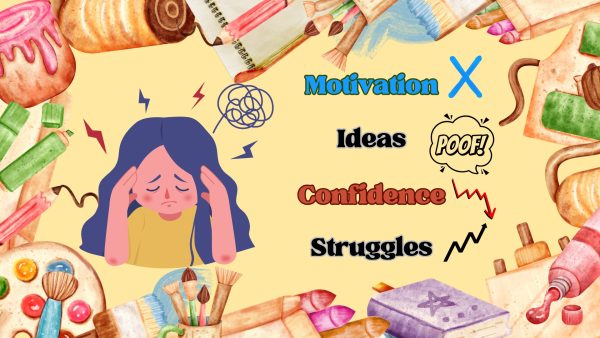The psychology of music
Elizabeth Correa listens to Tyler, the Creator
Though we all have different tastes in music, everyone absorbs music in the same way. Various artists and their own unique styles show the impact of music. Nirvana, Miles Davis, Bladee, and N.W.A. are prime examples of how an audience can keep music alive for decades.
Music can be dated far back as the Paleolithic ages. Constructing instruments using bone and wood, this method was culturally significant. Still to this day, components such as tonewood are widely liable for musicians. Different types of wood are harvested and prepared to make guitars.
Genres consisting of rock, metal, and punk showcase released dopamine. Compared to classical and alternative music, the vociferous genre increases one’s mood by implementing a rush of energy.
Chapman student, Mayra Guerrero, expresses her thoughts about music,
“Music definitely affects the way your brain reacts. In creating memories, certain music can leave a mark and have you remember certain things. I grew up listening to Green Day and Good Charlotte and still remember the lyrics. Your brain stores information without realizing it,” she said.
Animals are also greatly affected by music, seeing many observations show it helps reduce stress levels. Cows, for example, produce more milk while listening to classical music. Anyone with pets see the way their animals react to sounds, specifically playing videos with cats meowing or dogs barking. Cowboys are notorious for their tunes, it turns out many sang to cattle at night to keep them calm. Sound is a key component within the animal kingdom, as they cannot verbally communicate, they rely on vocalization.
Music with soft, slow instrumentals is more likely to leave a lasting effect on the brain. Especially when shared with a set of sad lyrics, it can lessen the mood. Artists such as Duster accurately represent how even pure instrumental can leave listeners feeling down.
MCHS student, April Barron, expresses her view of music, “I’ll listen to a fast paced song and it puts me in a good mood. Slower songs or more emotional songs hit me. Music has a positive impact more than a negative impact” she says.
“Everywhere at the End of Time” is widely used to demonstrate the lasting effects of music. The album consists of ballroom music from the 1940s. There are 6 stages, stage 1 is completely normal, though it gets to stages 4-6, the sound becomes distorted and uncomfortable to listen to. The project was created by ambient artist The Caretaker, aka Leyland James Kirby, whose main goal is to create “zones of queasy amorphousness.” The stages are to show what it feels like to suffer from dementia. Stages 1-3 showcase the beginning stages of dementia, and stages 4-6 evince listening to music from youth as your memory slowly fades.
Music has demonstrated how much it affects the world as a whole. Music continues to rise as more artists start exploring new styles and listeners never let the music live down.

I like riding motorcycles, I love movies, and I have met multiple rock band members and wrestlers.





































